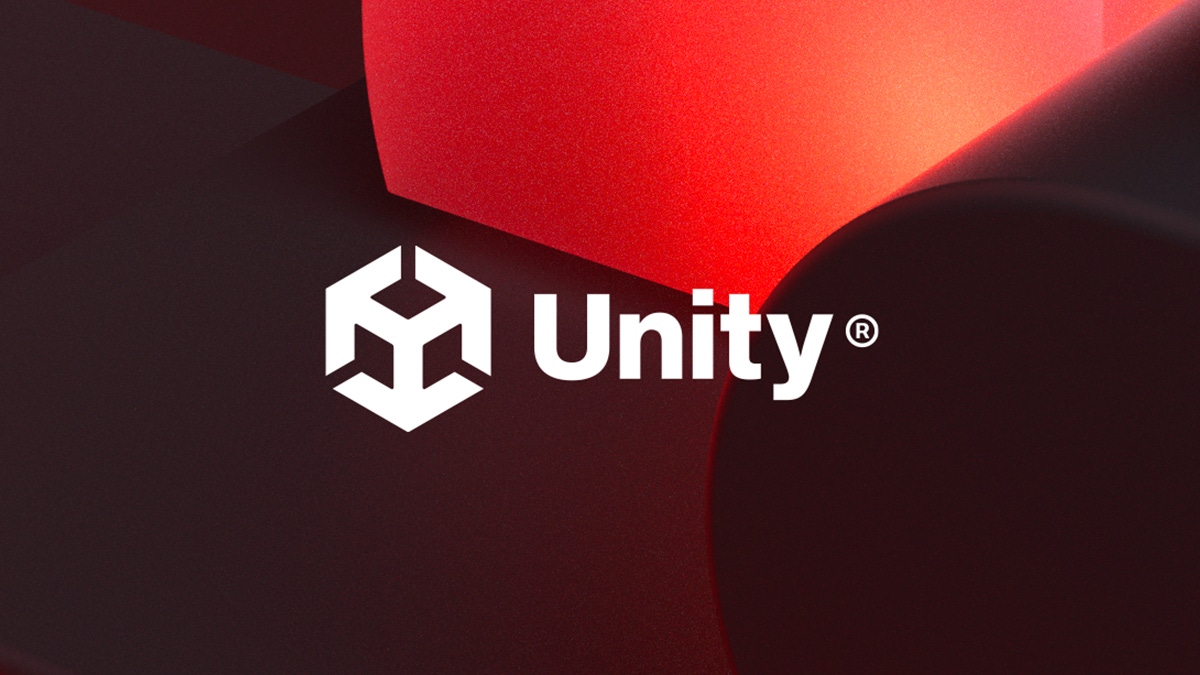Unity seeks to clarify Runtime Fee after days of "confusion and frustration"
Developers still aren't sold, but right now the fee is here to stay.

Engine maker Unity has acknowledged (but not apologized for) the "confusion and frustration" caused by the announcement of its new runtime fee policy and has attempted to address some of the development community's top questions and concerns.
In a statement posted to X, which comes two days after the company unveiled a new fee that will see creators charged per install after certain thresholds have been met, Unity sought to offer developers a salve in the form of a quick-fire FAQ.
The company began by reiterating the runtime fee "is very targeted" and will affect less than 10 percent of its customers. "Customers who will be impacted are generally those who have found a substantial scale in downloads and revenue and have reached both our install and revenue thresholds. This means a low (or no) fee for creators who have not found scale success yet and a modest one-time fee for those who have," reads the statement.
It added that runtime fees will only be levied against "new installs," emphasizing that it has now backtracked on its previous position of charging developers each time a person deleted and reinstalled a title�–even on the same device.
Notably, the company added that developers are not responsible for paying a runtime fee on fraudulent install charges; trials, partial play demos, and automation installs; charity-related installs; and web and streaming games. As for how Unity will ensure developers aren't charged for those fraudulent installs, the company said it will "work directly" with creators on cases where fraud or botnets are suspected of malicious intent.
In a more robust FAQ on the Unity website, the company provided additional information relevant to developers. For starters, it explained it will leverage its own proprietary data model to collect the number of installs. That model will provide estimates of the number of times the runtime is distributed for a given project and will cover an invoice for all platforms.
It said that qualifying developers will be invoiced monthly based on the month's install data, and noted the Runtime Fee will be used to support the "continued investment" in the company's runtime code, which supports "billions of devices" every month.
Elaborating on who will be charged, Unity said the "entity that distributes the runtime" will be asked to foot the bill. In the case of charges incurred by subscription-based games—so titles on services like Xbox Game Pass, PlayStation Plus, and Netflix Games—Unity said it will be invoicing the distributor, not the developer.
Developers still have burning questions for Unity despite clarification
Despite Unity's attempt to quell the masses, it appears the vast majority of developers still aren't sold on the new policy—with many replying to the post with additional questions that still haven't been addressed.
Panic co-founder Cabel Sasser noted the company hasn't actually explained how it will differentiate a charity bundle install from a regular one, with the updated FAQ simply stating that "installs driven by charities or charity bundles will not count towards the Unity Runtime Fee."
Speaking with Axios on Tuesday, Unity Create president Marc Whitten said the company will provide a way for developers to let it know their titles are being offered as part of a bundle or fundraiser, but again, there were no specifics as to how that will actually work. The problem here is that developers have been asking this question for days, and Unity's official documentation still doesn't provide a clear answer.
Sasser then asked what will prevent Unity from "arbitrarily changing these terms again in the future at any time?" It's a question that cuts to the heart of the issue for many, with a number of devs suggesting they've been left reeling by what they feel is an egregious betrayal of trust.
In a blog posted yesterday, Garry's Mod and Rust developer Garry Newman said the fee itself wouldn't be a huge issue if you assumed Unity was capable of implementing it flawlessly, noting the real kicker is the company's decision to suddenly pull the rug out from under developers.
"It hurts because we didn't agree to this. We used the engine because you pay up front and then ship your product. We weren't told this was going to happen. We weren't warned. We weren't consulted," explained the Facepunch Studios founder. "We have spent 10 years making Rust on Unity's engine. We've paid them every year. And now they changed the rules."
In the post, which is rather pointedly titled "Unity can get fucked," Newman added that Unity is currently "the worst company to be in charge of Unity" and said Rust 2 won't be developed using the engine.
Other devs have also threatened to abandon the popular engine as a result of the new fee, including prominent studios like Innersloth (Among Us), Mega Crit (Slay the Spire), Massive Monster (Cult of the Lamb), and Aggro Crab (Another Crab's Treasure).
Clarifications or not, it's evident developers still aren't sold on the new policy or Unity's proposed solutions to a myriad of problems that have been highlighted over the past two days. In some cases, it's been suggested that Unity's idea of a solution is to actually create more work for developers.
In response to Unity's latest statement, Mode 7 Games founder Paul Kilduff-Taylor said "fraudulent installs happen to virtually every single player game that's released–are they going to 'work directly with' every game dev in the world?" Unity might argue it only needs to work with that small percentage of developers whose popularity makes them fortunate enough to be charged, but it's a point that shows how Unity has essentially managed to deincentivize success by not only asking developers to pay more fees, but seemingly asking them to do more work.
About the Author(s)
You May Also Like







.jpeg?width=700&auto=webp&quality=80&disable=upscale)








